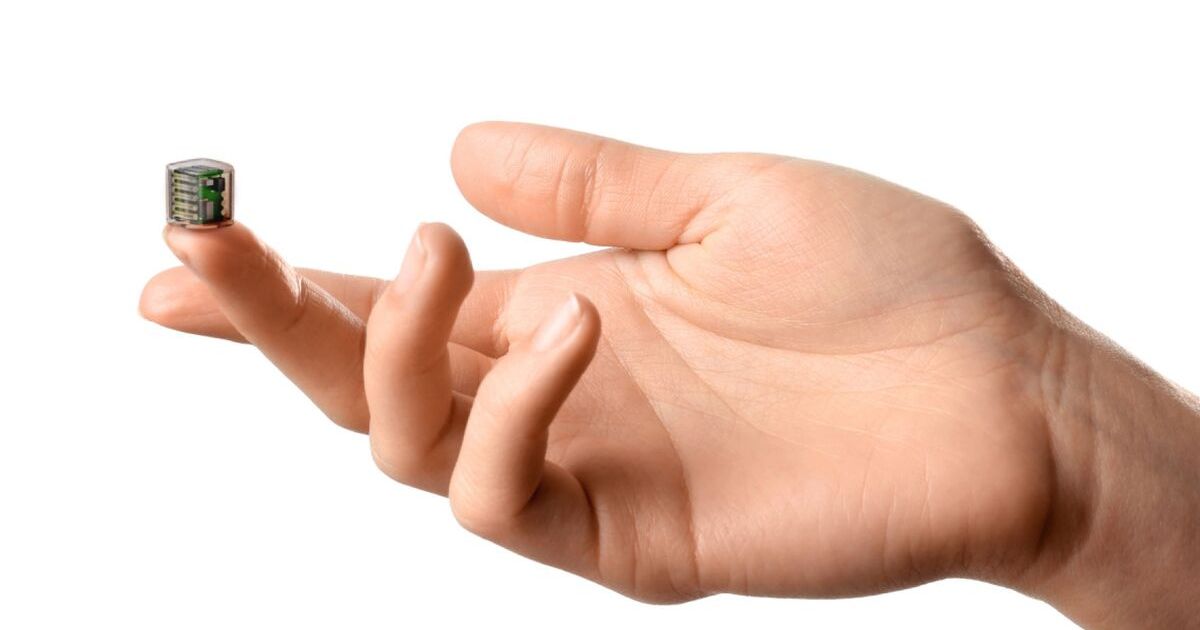In a groundbreaking development, Motif, a pioneering depression treatment startup focused on innovative depression treatments, has achieved a significant milestone by briefly embedding its brain device into the skulls of two human patients.
This achievement marks a significant step forward in the field of depression treatment and offers hope for individuals struggling with this debilitating condition.
A Bold Step As Depression Treatment Startup
Depression is a global health challenge affecting millions of people worldwide, and finding effective treatments remains a top priority in the medical field.
Motif, a startup dedicated to pushing the boundaries of depression treatment, is making waves with its unique approach.
Motif’s approach involves the use of a brain device designed to target and alleviate the symptoms of depression.
This groundbreaking technology holds promise for individuals who have not responded to traditional therapies, offering new hope in their battle against this mental health condition.
Motif’s recent achievement centers around the successful implantation of its brain device into the skulls of two human patients.
While the implants were in place for a brief period, the milestone represents a significant leap forward in the development and testing of the technology.
The procedure, carried out by a team of skilled medical professionals, demonstrated the feasibility of embedding the device safely within the human skull.
The patients involved in the study underwent thorough assessments and were closely monitored throughout the process to ensure their safety and well-being.
Motif’s brain device is designed to modulate neural activity in specific regions of the brain associated with depression.
By targeting and regulating these neural pathways, the device aims to provide relief from the debilitating symptoms of depression, such as persistent sadness, loss of interest, and cognitive impairment.
The technology is based on years of research and development, leveraging insights from neurology, psychiatry, and neuroscience to create a novel approach to depression treatment. While the recent implantation of the device is a significant milestone, it is part of a broader effort to refine and optimize the technology for future clinical use.
The implications of Motif’s brain device extend far beyond this successful implantation. If proven effective, this technology could represent a game-changer in the realm of depression care.
It offers new hope for individuals who have found limited relief from traditional treatments, such as therapy and medication.
Depression is a complex condition with various underlying factors, making it challenging to treat effectively.
Motif’s innovative approach, which directly targets neural pathways associated with depression, has the potential to offer a more targeted and personalized treatment option.
While this achievement is undoubtedly promising, it is important to emphasize that the journey toward making Motif’s brain device widely available to individuals with depression is ongoing.
The next steps involve rigorous testing and clinical trials to assess the safety and efficacy of the technology in a larger patient population.
Motif’s dedication to ensuring the safety and effectiveness of its brain device is paramount. The startup is committed to following established protocols and regulations in the field of medical device development to bring a reliable and evidence-based solution to the market.
The successful implantation of Motif’s brain device in two human patients represents a beacon of hope for the millions of individuals who grapple with depression’s relentless grip.
While there is much work to be done in terms of further testing and regulatory approvals, this achievement brings us one step closer to a potential breakthrough in depression treatment.
Depression is a complex and challenging condition, but Motif’s innovative approach demonstrates the power of combining cutting-edge technology with a deep understanding of the brain’s neural pathways.
As the startup continues its journey toward making this groundbreaking treatment widely accessible, there is newfound optimism that relief from the burdens of depression may be on the horizon for many.




























